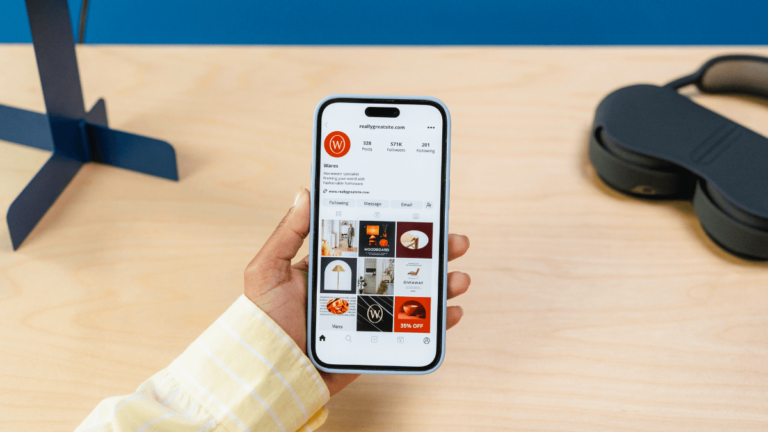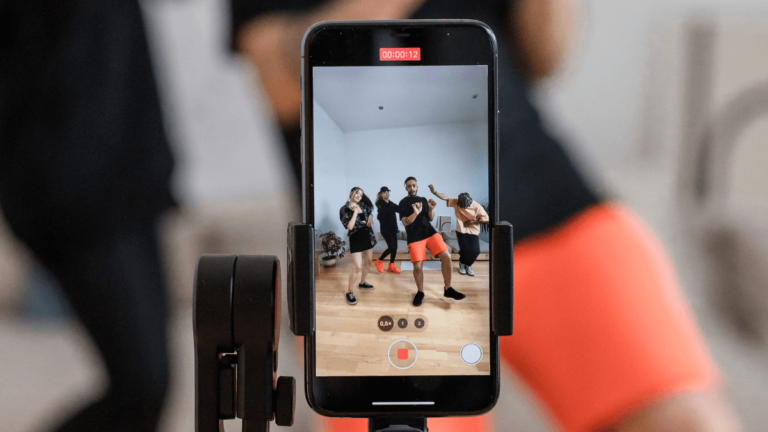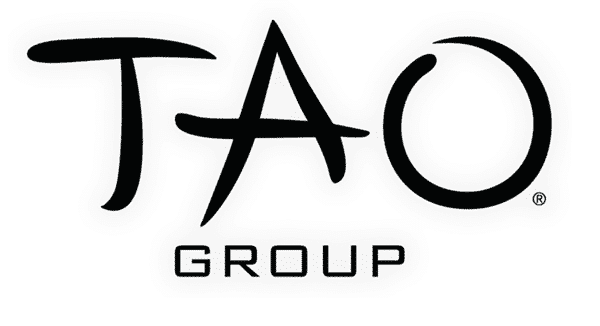
Generation Z, often referred to as Gen Z, includes individuals born between 1997 and 2012. This generation has grown up in a world shaped by rapid technological advancements, making them the first true digital natives. Unlike previous generations, they have never known life without smartphones, social media, and the internet. With a global population exceeding 2 billion, Gen Z wields immense influence and purchasing power. To effectively engage with this connected generation, brands need to understand their unique digital habits, preferences, and values.
Who is Gen Z?
Key Characteristics

Gen Z stands out due to key characteristics that define their behaviors and expectations. They are digital natives who seamlessly navigate technology and demand innovative, seamless experiences. This generation is also the most diverse in history, and their commitment to inclusivity shapes their preferences for brands that reflect their values. Moreover, Gen Z is socially conscious, prioritizing sustainability, social justice, and authenticity. Brands that align with these principles are more likely to earn their loyalty.
Spending Power

Although many Gen Zers are still young, their spending power is significant. A 2023 Bank of America study estimated that Gen Z influences over $360 billion in disposable income annually in the U.S. alone. Beyond their own purchases, they have a considerable impact on household buying decisions, making them an essential demographic for marketers to understand and target.
Digital Habits of Gen Z
Social Media Dominance

One of the defining traits of Gen Z is their reliance on social media. They spend over four hours daily on platforms like TikTok, Instagram, Snapchat, and YouTube. Unlike older generations, they prefer interactive, visually appealing content over text-heavy formats. TikTok, with its short-form creative videos, has become a central platform for entertainment, discovery, and shopping inspiration. Instagram remains popular, but Gen Z gravitates more toward Stories and Reels than static posts. YouTube is indispensable for long-form content, tutorials, and vlogs, while Snapchat serves as a hub for personal communication and behind-the-scenes glimpses.
Mobile-First Mindset

Gen Z also has a mobile-first mindset. They rely heavily on their smartphones, and a seamless mobile experience is non-negotiable for engaging them.
Trust in the Creator Economy

This generation places high trust in the creator economy, favoring influencers and user-generated content over traditional advertising. Authenticity is critical, and they respond more positively to recommendations from relatable creators.
Multi-Screening Behavior

Multi-screening is another hallmark of their behavior, as they often juggle multiple devices and platforms simultaneously. Capturing their attention requires concise and captivating content.
How to Market to Gen Z
Embrace Authenticity

To market effectively to Gen Z, brands must embrace authenticity. This generation values transparency and can quickly detect insincerity. Brands should prioritize showing real people using their products, avoid overly polished ads, and be honest about their practices.
Leverage Video Content

Video content is another essential component of any Gen Z strategy. Whether through short, engaging TikTok videos or educational YouTube tutorials, video is their preferred medium for consuming information. Adding interactive elements, such as polls, challenges, and questions, can further enhance engagement.
Collaborate with Influencers

Collaborating with influencers is another effective strategy. Micro and nano influencers, in particular, resonate with Gen Z because of their relatability. These partnerships allow brands to tap into niche audiences and build trust through authentic endorsements.
Highlight Social Responsibility

Highlighting social responsibility is equally important, as Gen Z expects brands to contribute to societal and environmental issues. Initiatives like eco-friendly packaging, diversity campaigns, and charity partnerships can make a lasting impact.
Gamify Experiences

Gamification is also a powerful tool for engaging this audience. Interactive features like challenges, rewards, and branded games appeal to their desire for fun and immersive experiences.
Utilize Ephemeral Content

Additionally, ephemeral content on platforms like Instagram Stories and Snapchat capitalizes on their fear of missing out (FOMO) and encourages immediate interaction.
What Doesn’t Work with Gen Z?
Overly Promotional Content

Certain strategies do not resonate with Gen Z. Overly promotional content and hard-sell tactics often feel intrusive and inauthentic. Brands should focus on storytelling and value-driven messaging instead.
Ignoring Inclusivity

Ignoring inclusivity can also alienate this audience, as they expect diversity and representation in marketing.
Outdated Technology

Outdated technology, such as non-mobile-friendly websites or slow-loading pages, is another dealbreaker for this tech-savvy generation.
Case Studies: Brands That Excel with Gen Z Consumers

Nike
Several brands have successfully captured the attention of Gen Z through innovative and value-driven campaigns. Nike, for example, effectively uses TikTok challenges, influencer collaborations, and sustainability campaigns to connect with this audience. Their “You Can’t Stop Us” campaign promoted resilience and inclusivity, resonating deeply with Gen Z’s values.
Glossier
Similarly, Glossier excels with user-generated content, inclusive campaigns, and approachable social media engagement.
Fenty Beauty
Fenty Beauty has also set a new standard by prioritizing inclusivity with an extensive range of foundation shades, which aligns perfectly with Gen Z’s commitment to diversity.
The Future of Marketing to Gen Z

Looking ahead, the future of marketing to Gen Z will likely involve adapting to emerging technologies like augmented reality (AR), virtual reality (VR), and the metaverse. To stay relevant, brands must innovate continuously, experiment with new platforms, and foster two-way communication with their audience. Building trust through genuine actions and messaging will be crucial for establishing long-term loyalty.
Conclusion

In conclusion, Gen Z’s digital preferences reflect their upbringing in a hyper-connected world. They prioritize authenticity, video content, social responsibility, and inclusivity. Brands that embrace these values and adapt to their evolving habits will not only capture their attention but also foster meaningful, long-lasting connections. Marketing to Gen Z isn’t just about keeping up with trends—it’s about creating experiences that resonate deeply with this influential generation.






















